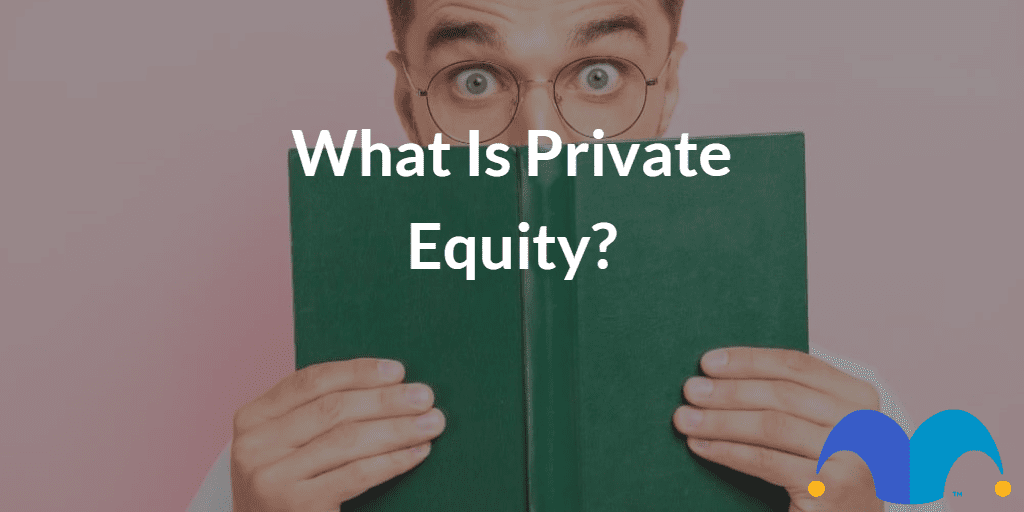You have probably heard the term ‘private equity’ at some point in time. But what does the term really mean? Let’s find out.
What is private equity?
In the simplest terms, private equity refers to investments in private companies that are not yet publicly traded on a stock exchange, like the London Stock Exchange.
Unlike publicly traded stocks, private equity is not regulated by capital markets authorities like the Financial Conduct Authority.
Why invest in private equity?
Private equity allows a company to get the necessary financing to advance its projects and to be successful.
For investors, it offers a way to earn potentially higher returns than they might get from publicly traded companies.
An investor’s goal, essentially, is to be able to convert the investment into stocks and sell them when the company eventually goes public. Alternatively, they hope that in due time the company will be bought by a larger company and they will get their capital back (at a premium of course).
These investments have one big disadvantage, however: they are illiquid. That means that they are not easy to sell in the short term.
If you invest through a fund, for example, you will need to keep your money in the fund for a number of years. It will sometimes be more than a decade before you see returns on your money.
What are the different types of private equity investments?
There are several types of private equity investments. Let’s take a look at the two main options.
1. Venture capital
This refers to investments in less mature or early-stage non-public companies that have high growth potential. Venture capitalists provide finances as well operational expertise to these types of companies. The investors hope to help these companies grow their operations and expand their businesses.
2. Leveraged buyout (LBO)
This involves a private equity firm buying majority control of an existing company. It’s the most common form of private equity investment. The purchase is typically financed by debt with the assets of the target company being used as collateral. Unlike venture capital, LBOs typically target mature companies that generate strong operating cash flow.
The goal is to improve the company and its business model or operations and then hopefully sell it for profit in the future or issue an IPO.
How can I invest in them?
There are two main ways to invest. The first is through private equity funds that are typically run by private equity firms.
The funds raise or pool money from investors. They then invest the money into a private company with the hope of developing it in a way that will benefit investors in the long term. Different funds have specific investment strategies, areas of expertise and investment minimums.
Unfortunately, these funds tend to be out of reach for the average investor due to substantial minimum contribution requirements. Many are also only available to institutional and accredited investors. These types of investors tend to be more experienced and are therefore capable of taking on the risk of investing in assets not regulated by capital markets authorities.
However, there’s a simple way for the average investor to invest in the private equity space. This is through private equity exchange-traded funds (ETFs).
A private equity ETF is basically an ETF that tracks private equity firms that are publicly traded. Basically, they offer you exposure without having to cough up the substantial investment amount that such funds normally ask for. The best thing about these ETFs is that you can easily buy them through online share dealing accounts, the same way as shares of publicly traded companies.
To get started, check out our list of top-rated providers of share dealing accounts in the UK. Once you open your account, you can compare the private equity ETFs on offer to see if there is a right fit for you.
As always, remember to do your due diligence first and seek professional financial advice if necessary.
